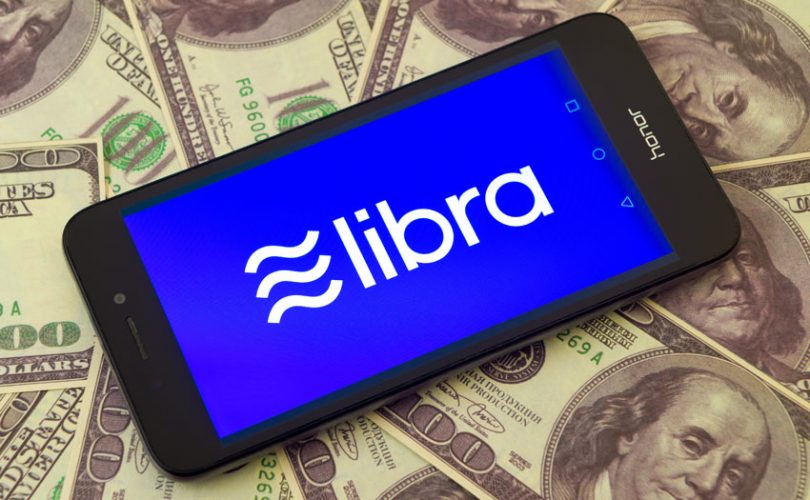A report in today’s Financial Times claims that Facebook backed Libra is planning to launch its first digital currency in January 2021, a U.S. dollar stablecoin. However, it’s subject to a significant caveat that it gets approval from Swiss regulator FINMA. The article appears to be based on people close to Libra as opposed to regulators.
Three people told the newspaper that they thought FINMA might grant the go-ahead as early as January. The FT article also stated that Facebook’s wallet Novi (formerly Calibra) had already secured licenses in numerous U.S. states but awaits as many as ten, including a New York Bitlicense.
Our analysis is if the news is true, any launch is likely to have its scale limited, in a similar way to the roll-out of WhatsApp payments in India, which is limited to 20 million wallets from a 400 million Indian userbase.
But it could be a matter of Libra being nearly ready to go and an optimistic outlook about the regulator’s stance. Fnality, the interbank payment system has been awaiting central bank regulatory approval for years. FINMA is not acting in isolation. It set up a college focused on Libra, which consults international regulators.
Earlier this year, the Libra Association modified its plans to appease regulators. That involved committing not to become fully permissionless to address concerns about users potentially skirting anti money laundering rules. The emphasis shifted from a Libra coin as a basket of currencies to include single currency stablecoins and even supporting central bank digital currencies.
However, regulators have ongoing concerns about monetary sovereignty. Despite Libra having 27 members, including Uber, Shopify and Spotify, Facebook’s wallet Novi concerns them. When it comes to any big tech firm creating a payment system, central bankers and regulators are concerned about it becoming dominant, much like China is uncomfortable with the duopoly of Alipay and WeChat Pay. Central bankers don’t want to have to rely on big tech to implement monetary policy.
More recently, researchers have also highlighted how a global stablecoin with a significant scale could disrupt markets and banking. If the asset backing the stablecoin is held in treasuries and there’s a sudden need for the stablecoin to liquidate, it will impact markets. And if deposits are held at banks, a sudden withdrawal of such a large amount of money could cause a run on the bank holding the deposits.
Last month the G7 issued a statement saying no global stablecoins can launch until appropriate regulations are in place. And the G20 has outlined a list of planned regulations.
Global regulators are keen to stick to the same script. Because if one jurisdiction is more supportive of global stablecoins than others, that could open the floodgates. While Libra is based in Switzerland, it seems Singapore has perhaps courted Libra. The Association is considering a Libra Singapore Dollar stablecoin when the Singapore Dollar is not a top ten currency. Plus, Singapore state-owned investment company Temasek is a member of the Libra Association.
That said, it’s unclear whether or not Singapore would act any differently to FINMA. Singapore is also a BIS Innovation Hub location, which is exploring stablecoins, central bank digital currencies, and other technology innovations. So a potential shift in Libra’s chosen jurisdiction might not be a factor. And the Libra Association and Network continue to hire in Switzerland.






